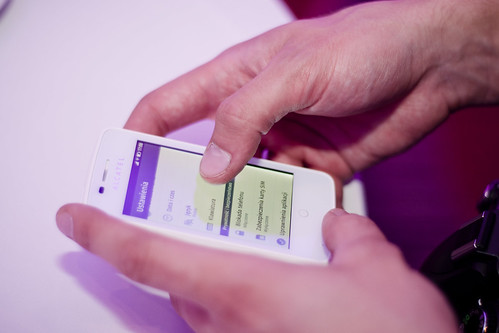We’re about 3 weeks away from when both state and federal taxes are supposed to be submitted. Believe it or not, this means that around 33% of the population hasn’t even started the process at this juncture. Also, out of those who have, around 73% have already received their refunds.
 |
It’s not a question of whether it’s beneficial or not to submit taxes early; it’s more of a question as to the types of things that make people wait until the last minute… even if that last minute is a couple of weeks before they’re due. What are the issues? Let’s take a tongue in cheek look at it.
1. Don’t think a refund’s coming
“If I’m not getting a benefit why put in the effort.” Unfortunately, it seems to apply to taxes like pretty much everything else in life. Most people see getting a refund as the ultimate tax benefit, even though for most people it’s really not. Married couples suffer the most with this, which probably explains why it’s more often families than individuals who take the longest to put everything together.
2. Think I might owe something
This is a totally different feeling than the previous one because it comes with a dose of fear. We tend to put off things that we feel will bring us grief, which naturally correlates into tax worries. In many ways it’s not a bad strategy if true because one might not hear from the IRS about it until July or August, and you don’t have to start dealing with the issue until then. However, you still have to submit your taxes on time, and you’ll still be generating interest on your balance because they expect you to have paid something.
3. People forget
By law, everyone expecting a W-2 is supposed to have it before the end of January. Whether it happens or not, “out of sight, out of mind” works well here. If you got it but you’re not one of those people who immediately takes it to a tax preparer it’s possible you might forget. If you never got it you probably would never even think about it until the last possible moment… even then, it just might escape your mind; we’ve seen it happen.
4. Procrastination is the way
Another word for procrastination is nonchalance. Some folk are so cool that not even the pressure of having to get one’s taxes done can shake them. After all, it’s just another “thing” and there are plenty of other things going on that take time precedence. It’s probably not a good strategy if you’re not doing your own taxes however; other people might end up coming before you.
5. Mad at the government
Some people wait until the last minute because they either don’t like paying taxes or are mad at the government. The first part is understandable; the second isn’t. No one likes paying taxes but no one gets out of it… kind of. Even people who get refunds paid something to get it.
But being mad at the government… the government won’t know, and probably isn’t thinking about you. Matter of fact, we’ve known people who haven’t filed taxes in upwards of 3 years, yet never received notice from the government that they owed it. Of course, that means when a person finally gets around to do it that there will be exorbitant penalties to deal with. When that happens, being mad at the government isn’t going to get them paid.
Of course there are more things, but let’s stop with these and see if you wish to share any others.
